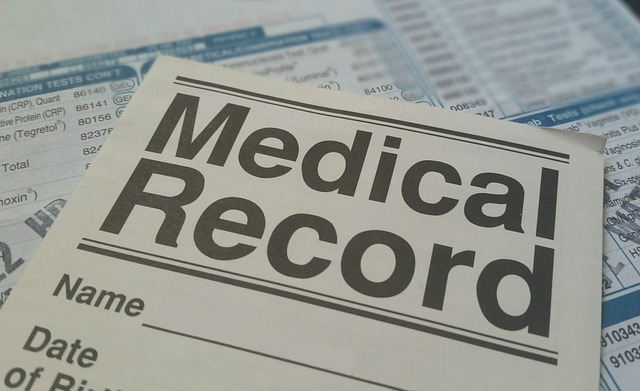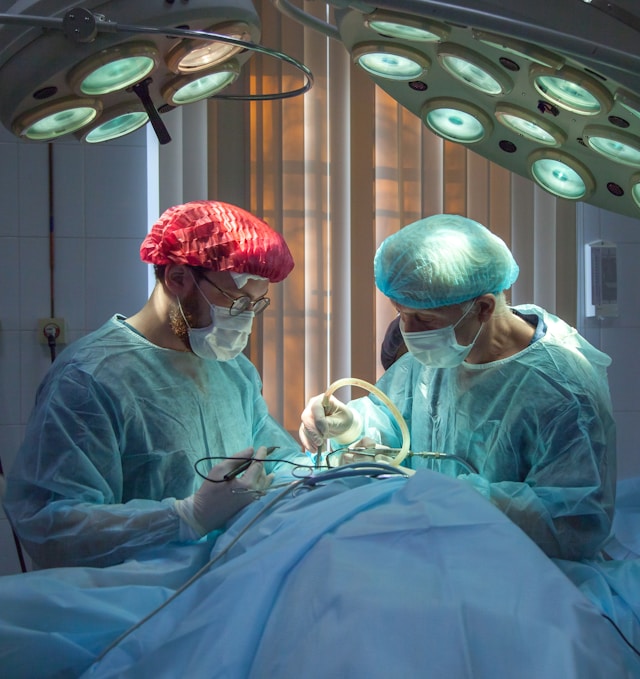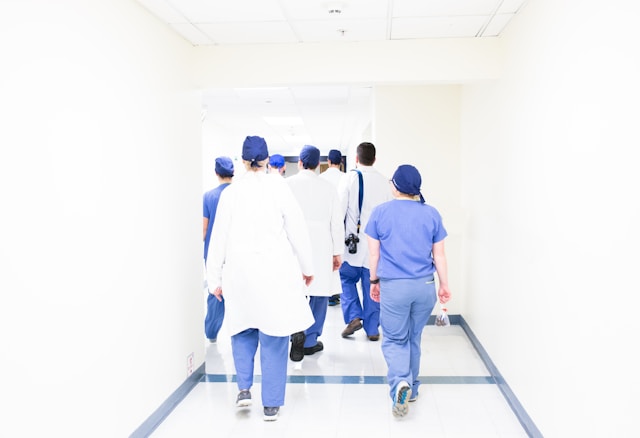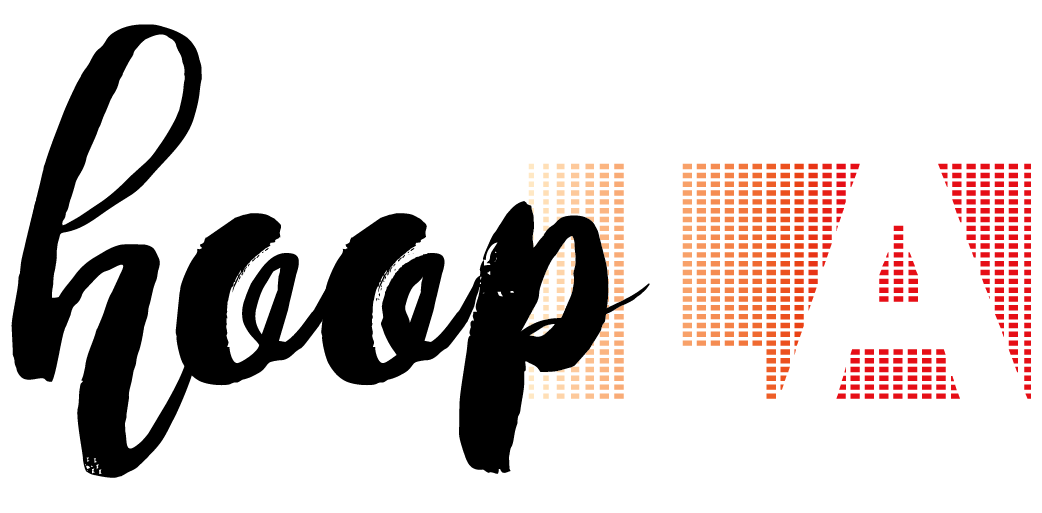Artificial Intelligence is no longer a distant sci-fi fantasy—it’s here, and it’s transforming our world at a breathtaking pace. While some people tremble at the thought of AI’s rapid evolution, whispering fears of job displacement and technological overlords, the medical field is embracing this technological revolution with open arms. In hospitals, research labs, and medical facilities around the globe, AI is proving to be not a threat, but a groundbreaking ally in our most critical human endeavor: protecting and improving health. From Ask AI programs like Janitor AI detecting diseases invisible to the human eye to predicting potential health risks years before they manifest, artificial intelligence is rewriting the rules of preventative medicine, offering a glimpse into a future where healthcare is proactive, personalized, and powered by the most advanced computational intelligence humanity has ever created.
The AI Healthcare Takeover: More Than Just a Trend
Imagine a world where your health is predicted, prevented, and personalized before you even realize something might be wrong. Welcome to the future of preventative medicine, powered by artificial intelligence and mind-blowing technology!
What Exactly is AI in Healthcare?
AI in healthcare isn’t about replacing doctors – it’s about supercharging their abilities. Think of it like having a superhuman assistant that can:
- Analyze millions of medical records in seconds
- Detect potential health risks before they become serious
- Create hyper-personalized treatment plans
- Predict genetic predispositions with incredible accuracy
- Assist with telehealth appointments – If you’re offering telehealth appointments, it’s important to ensure that the virtual care provided mirrors the quality of in-person consultations.
Breaking Down the AI Healthcare Revolution
1. Predictive Diagnostics: Your Personal Health Crystal Ball
Artificial Intelligence algorithms can now:
- Analyze your genetic data
- Review your medical history
- Examine lifestyle factors
- Predict potential health risks with shocking precision
Real-World Example: Some AI systems can now predict heart disease risks up to 10 years in advance with over 90% accuracy.
2. Ask AI: Your 24/7 Medical Companion
Forget WebMD – AI-powered medical assistants are the new frontier of healthcare information. These intelligent systems can:
- Provide initial symptom assessments
- Offer preliminary medical advice
- Connect you with the right healthcare professionals
- Answer complex medical questions in plain language
3. Janitor AI: Cleaning Up Healthcare Inefficiencies
Don’t let the name fool you – Janitor AI is a user-friendly tool that lets people design and implement interactive AI chatbots for websites and apps, making digital communication more dynamic and personalized. Janitor AI is revolutionizing healthcare administration by:
- Reducing medical errors
- Cutting down administrative costs
- Improving overall healthcare efficiency
- Streamlining patient records

The Human Touch: Doctors in the Age of AI
Worried about doctors becoming obsolete? Think again! In addition to hospitals and healthcare centers wanting to maintain patient-doctor relationships, AI is creating incredible opportunities for doctors and nurse practitioners. Family nurse practitioners are proving to be an indispensable asset in the AI healthcare revolution, especially in areas where the demand for healthcare services exceeds supply. This is where companies like CompHealth come in, as they aid in providing locum tenens positions to FNPs as well as other healthcare professionals.
How Much Do Doctors Make in the AI Era?
While AI is transforming healthcare, doctors remain crucial. The average physician can expect:
- Increased earning potential
- More time for patient care
- Less administrative burden
- Enhanced diagnostic capabilities
How Much Do Doctors Make an Hour:
- Primary Care Physicians: $100-$200/hour
- Specialists: $200-$500/hour
- Surgeons: $300-$800/hour

Los Angeles: At the Forefront of Healthcare Innovation
Living in LA, we’re literally ground zero for healthcare tech innovation. Silicon Beach is buzzing with startups revolutionizing how we approach personal health!
Top 3 LA Healthcare Artificial Intelligence Innovations to Watch:
- Personalized genetic screening platforms
- AI-powered mental health apps
- Predictive chronic disease management systems
Your Health, Supercharged: What This Means for You
This isn’t about replacing human care – it’s about enhancing it. AI gives us:
- Earlier disease detection
- More personalized treatments
- Reduced healthcare costs
- Proactive health management
Embrace the Healthcare Revolution
The future of medicine isn’t just coming—it’s here, and it’s more exciting than ever. While last year’s Association of American Medical Colleges data shows a 4.7% decline in medical school applications in December 2023, with only 52,577 applicants, this isn’t a setback—it’s an opportunity. For aspiring medical professionals, this moment represents a golden era of innovation. AI and technology are transforming healthcare from reactive to proactive, creating unprecedented opportunities for those willing to embrace cutting-edge medical technologies. This isn’t just a career path—it’s a chance to be at the forefront of a medical revolution. To the next generation of doctors: your timing couldn’t be more perfect. The healthcare landscape is evolving, and we need brilliant, tech-savvy minds to bridge the gap between traditional medicine and artificial intelligence. If you’ve ever dreamed of making a real difference, of being part of something larger than yourself, now is the time to apply to medical school. The future of healthcare is calling—will you answer?










